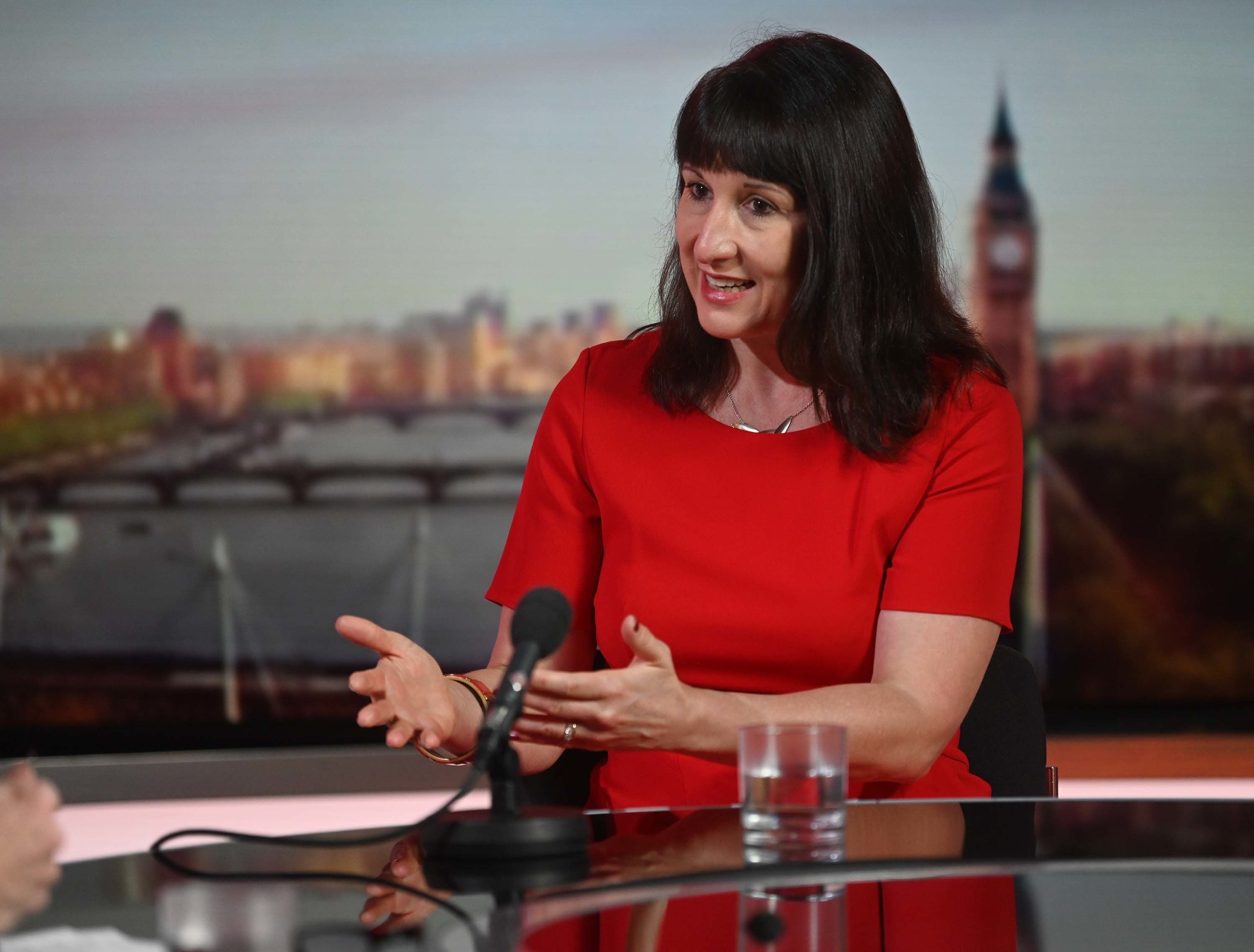It’s been dubbed a Labour Budget – but what would Rachel Reeves really have done differently?
Rishi Sunak is pursuing New Labour policies the shadow chancellor agrees with, writes John Rentoul


Rachel Reeves, the shadow chancellor, is fighting back today against the idea that the Budget was essentially a Labour Budget, that it was more Gordon Brown than George Osborne. “If this had been a Labour Budget yesterday,” she said, “I would have been focusing on the cost of living crisis, on the fact that our tax system has become grossly unfair.”
Labour has been handed a gift by the Institute for Fiscal Studies, whose post-Budget analysis said that most people would be worse off next year. This gives Reeves an easy line in negativity, but what would Labour actually do differently?
The big losers from the Budget were people on universal credit who won’t benefit from the more generous rules for those in work. The Resolution Foundation’s post-Budget analysis calculates that three-quarters of those who are losing their £20-a-week uplift around now will still lose out.
But would Labour restore the cut? It would not. Labour is currently pledged to “abolish” universal credit and replace it with a better system, but the only detail of what that better system would be was given by Jonathan Reynolds, the shadow work and pensions secretary, in August. It consisted of allowing claimants to keep more of their earnings as they earned more – precisely the change Rishi Sunak made in the Budget.
Instead of claiming credit for this, proclaiming Reynolds as the real chancellor of the exchequer for example, Labour continues to insist that this wasn’t a “Labour Budget” at all. Personally, I think there is a strong case for arguing that the £20-a-week pandemic emergency uplift should be made permanent. The basic rates of universal credit are too low, or, as the IFS puts it, “the safety net for those without children [is] unusually thin by international standards”. But that would mean the government finding another £6bn a year, which is a lot, and not something to which Reeves wants to commit.
In that respect, it was a New Labour Budget rather than a Corbyn Labour Budget, with Sunak and Reeves both on the same side of that argument (and me, a Blairite, lined up with Jeremy Corbyn, but politics is full of ironies). Reeves has been reluctant to make any spending pledges, and indeed today refused to say that public spending as a whole would be higher under a Labour government than under the Conservatives.
Which means that any “clear blue water”, as she describes it, between Sunak’s Budget and her alternative is a mirage that vanishes as we get closer. Her main policy for tackling the “cost of living crisis” is to cut VAT on energy bills. Not only is this a bad policy, neither green nor progressive (it would most benefit people with big houses and high energy bills), but she claims it would be funded by the higher VAT receipts than expected this year. This is money that Sunak has already spent, and so a cut in VAT would have to be funded separately.
Still, that is better than Reeves’s promise to abolish business rates altogether, which is completely unfunded. A Labour government would have to find that money from somewhere, but is understandably reluctant to be specific while criticising the Tories for taxing too much, borrowing too much and spending too little.
All Reeves has left is the “tax cut for bankers”: Sunak’s reduction in the “bank surcharge” on corporation tax. Calling this a tax cut is as much smoke and mirrors as anything Sunak is guilty of, though. Corporation tax on banks is going to go up from 27 per cent to 28 per cent in 2023, which is not as much as the increase in basic rate of corporation tax, which will go up from 19 per cent to 25 per cent, but it is not a tax cut.
Perhaps a Labour government would raise corporation tax on banks even higher, but Reeves hasn’t said that either. She had a great line in her response to the Budget: “The bankers on short-haul flights sipping champagne will be cheering it.” But the bankers don’t have a tax cut; the alignment of duty with alcohol content is entirely sensible; only the tax cut on domestic flights is a bad idea, and even that view is controversial with Labour MPs who have aviation interests in their constituencies.
The true answer to the question about what would Labour do differently is that most of the broad policy decisions would be similar. Over time, the instincts of Labour ministers would tend towards slightly higher public spending, and taxes might be skewed to fall even more heavily on the rich. In the meantime, all Reeves can do, which she does plausibly enough, is to present Labour as the party of business and growth.
But this was undoubtedly a New Labour Budget, raising taxes, mostly on the better-off, to pay for public services. As Simon Clarke, the chief secretary to the Treasury, admitted on Newsnight last night, “this is something of a philosophical shift”. That is why the Tory party has more of a problem with it than the Labour front bench has.



Join our commenting forum
Join thought-provoking conversations, follow other Independent readers and see their replies
Comments